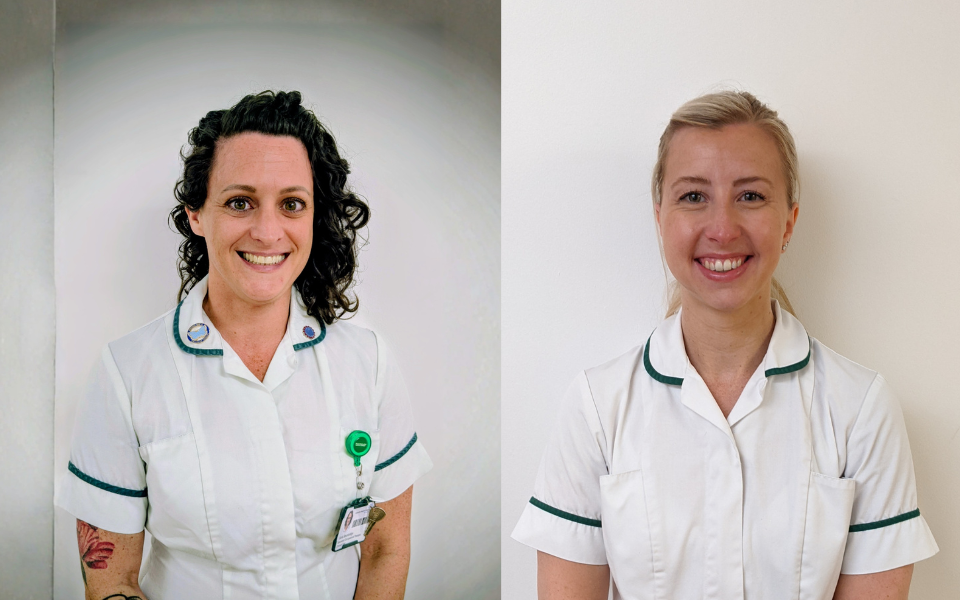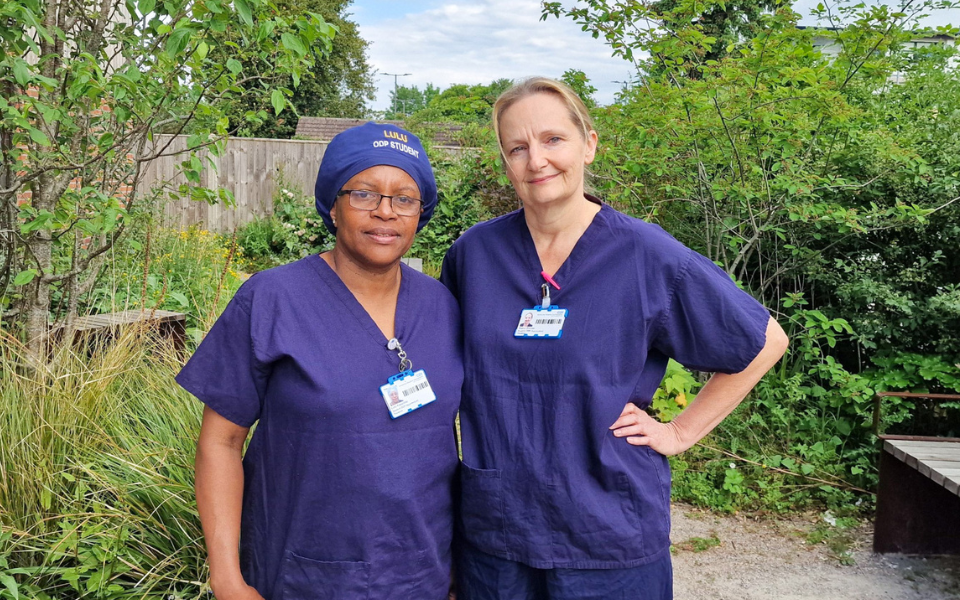
Allied health | Career Development and Education
From Passion to Practice: Why We Choose to Become Operating Department Practitioners
Operating Department Practitioners (ODPs) are vital members of the surgical team, calm, skilled professionals who support patients through every stage of their surgical journey. At University Hospital Southampton, ODPs are the bridge between clinical precision and compassionate care. Whether preparing the theatre, assisting during surgery, or safeguarding patient recovery, they are committed not just to clinical excellence but to dignity, advocacy, and safety.
Whether sparked by a powerful moment of inspiration or shaped by previous healthcare experience, becoming an ODP is a path built on dedication, teamwork, and learning.
To showcase what it’s like to train and work as an ODP, we spoke to two first-year apprentices: Lulu (On the left-hand side of the photo), a former healthcare assistant with theatre experience, and Sheryl (On the right-hand side of photo), who brings a unique background in complaints, the Navy, fitness instruction, and education. Now on their ODP journey, both are passionate about being a voice for patients and helping shape safer surgical experiences.
What first inspired you to become an Operating Department Practitioner?
Sheryl: I liked the thought that I could be part of a patient’s entire perioperative journey, from greeting and reassuring them in the Operating Theatre before their procedure, to taking them down to Recovery after surgery.
Lulu: The reason I was inspired to become an Operating Department Practitioner is the experience I had in a theatre environment as a healthcare assistant for some years, which made me an observant and participant in assisting registered practitioners in intraoperative surgeries and create a desire to practice.
What was your career journey before becoming an ODP?
Sheryl: Prior to becoming a UHS ODP Apprentice, I worked for the Trust in Complaints. This was invaluable to view life from both sides as patient and clinician, receiving cases from all four divisions of our hospital.
I have had a varied working life, from joining the Navy in my 20s, working as a fitness instructor and running a karate club, to more recently teaching English to Japanese adults!
Lulu: I worked as a Healthcare Support Worker (HCSW) in theatres before becoming an Apprentice Student ODP.
How did you train or qualify for the role?
Sheryl: I am a first-year Apprentice at UHS and am enjoying my academic studies, which run alongside my clinical days in theatre. It's great as I can learn all whilst earning a full-time wage from the Trust, and I have the knowledge that I will be employed once I graduate.
Lulu: Currently, I'm still training as I am a first-year apprentice ODP, but I had previous healthcare experience as an HCSW.
What does it feel like to walk into the theatre each day?
Sheryl: I love walking into the theatre each day, knowing I will improve my skills, learn a lot from my experienced colleagues, and hopefully make a patient’s day better by considering their wellbeing and safety to be my priority.
Lulu: It feels amazing to walk into theatres each day, knowing that I can be part of the team aiming to make other people's health better.
If someone’s thinking about this as a career, what would you want them to know, beyond the job description?
Sheryl: Beyond the job description, I would say that an ODP has a varied role that really makes a difference to a patient’s journey. You get to work with many different people and perform a vital role. It’s tiring and stressful at times, but it is also incredibly rewarding.
Lulu: If someone is thinking of making this a career, I would like them to know that beyond their job description, they have to be committed, courageous, competent, communicate well, caring and compassionate. With those factors, they will enjoy their job and successful progress within their career.
In your view, what role do ODPs play in shaping the overall patient experience?
Sheryl: ODPs are essential for a positive patient experience. Having worked in Trust Complaints, I have had the unusual opportunity to see things clearly from our patients’ viewpoints. This has really helped me to be sensitive and empathetic towards our patients’ needs whilst in theatre, when they are feeling at their most vulnerable.
Lulu: The roles that an ODP plays in shaping the overall patient experience are playing the role of advocate to the patients, by speaking on their behalf while they are under anaesthesia, maintaining the patient's dignity at all times during their care, and respecting their diversity and inclusive care needs.
What advice would you give to someone just starting as an ODP?
Sheryl: As I am not yet qualified, I can only advise someone starting out on the UHS Apprenticeship. I would tell them to split their time between their academic and clinical studies, work hard to get a good foundation of the basics, and not be afraid to ask questions of the many experienced clinicians around them in theatre each day; it really does make a difference to effective learning.
Lulu: I would like to advise someone just starting as an ODP to practice safely by maintaining their professional career development and keeping up to date with the set standards of the Health and Care Professional Council (HCPC), which every registered member is expected to follow.
Sheryl and Lulu’s journeys are a reminder that ODPs are not just theatre practitioners; they are skilled professionals, patient advocates, and essential members of a close-knit surgical team. Whether it’s your first step into healthcare or a career change with purpose, this role offers challenge, growth, and the chance to make a real impact where it matters most.
At University Hospital Southampton, we’re proud to nurture our people through hands-on training, supportive teams, and clear development pathways. We’re more than just a workplace, we’re a place where you can learn, thrive, and belong.
Wondering where a career at UHS could lead? Visit our Careers Page to explore current vacancies, career opportunities, and real stories from our staff. Your next step starts with a single click, and it could lead somewhere extraordinary.
Related Blogs
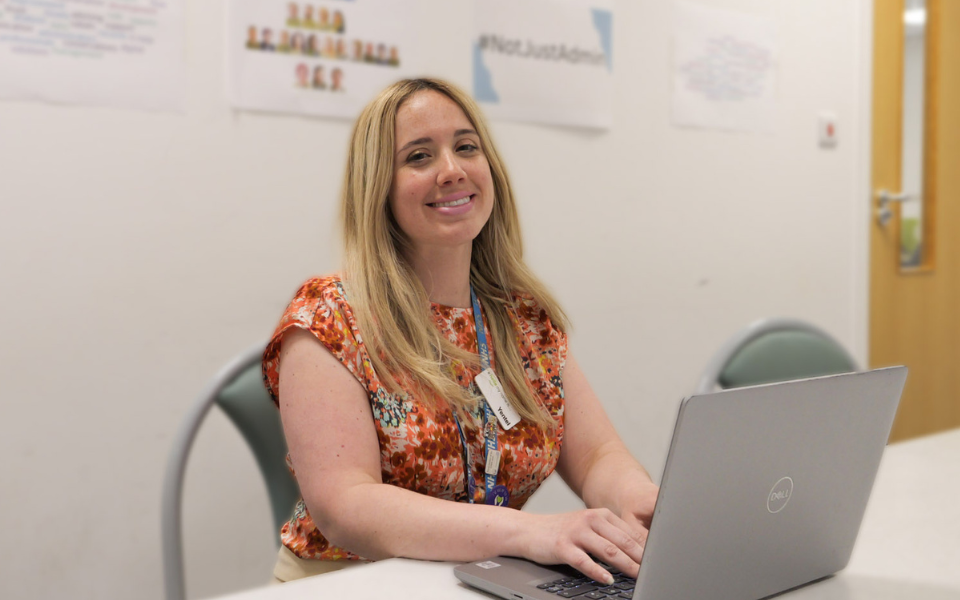
From Sports Coach to NHS Innovator: How Yentel Found Purpose at UHS
More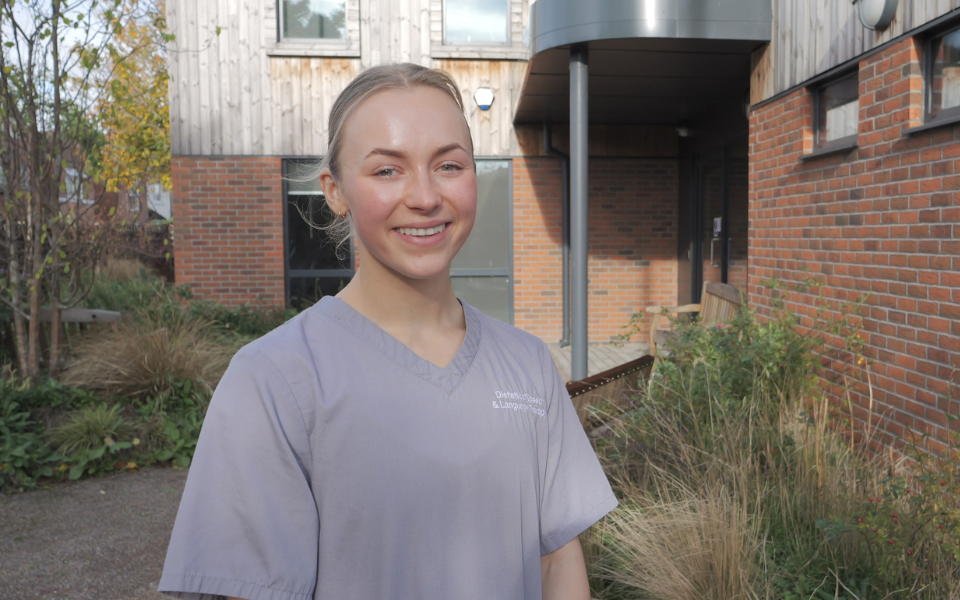
Supporting Newly Qualified Professionals: The Impact of Preceptorship at UHS – Goda’s Story
More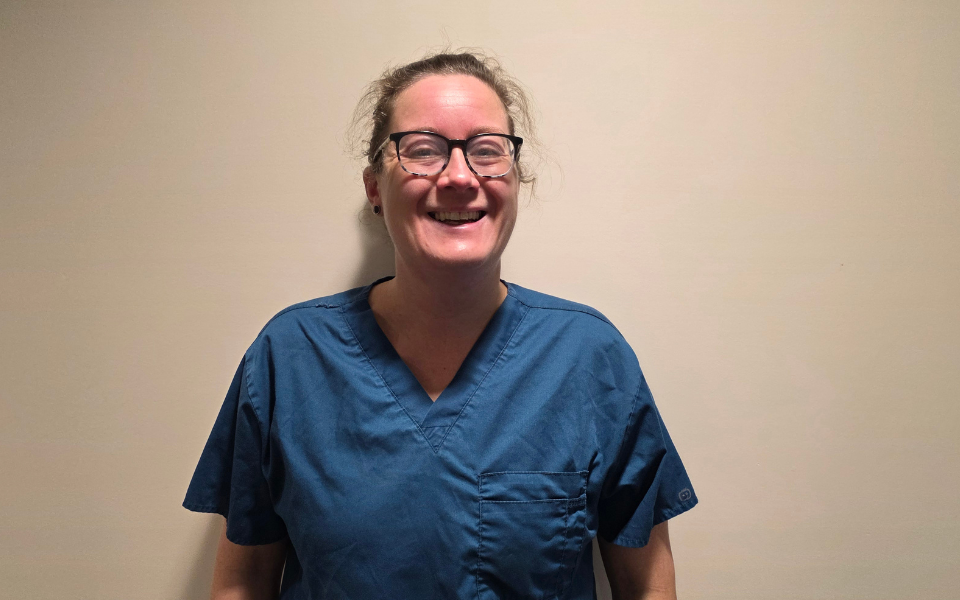
From Childhood Dream to NHS Specialist: Lizzi’s Journey in Pharmacy
More